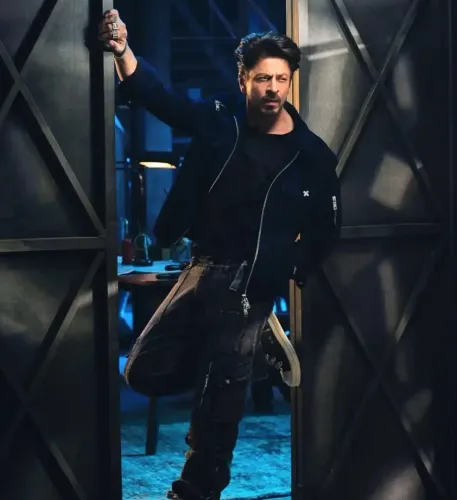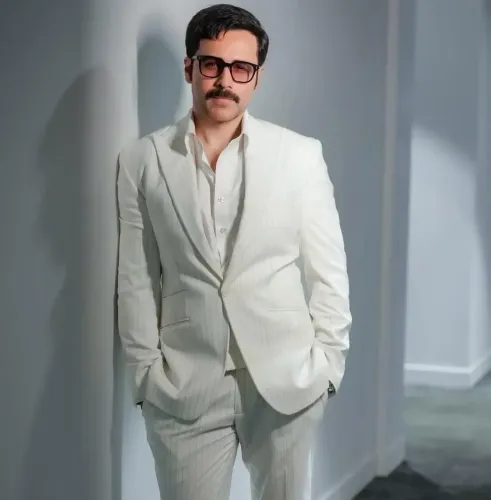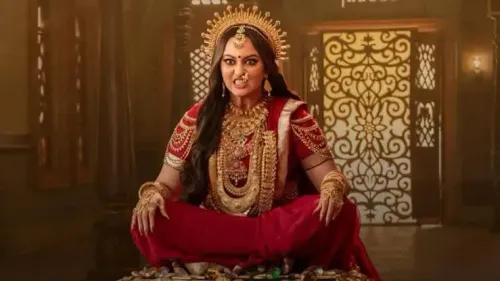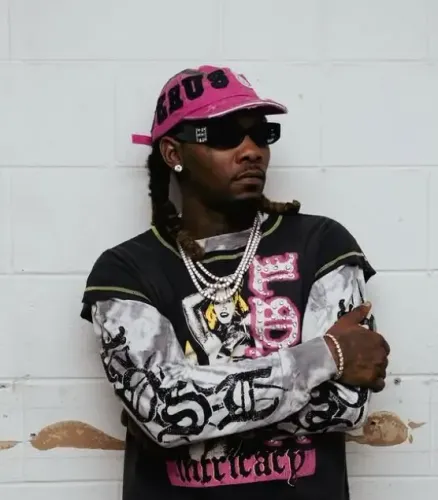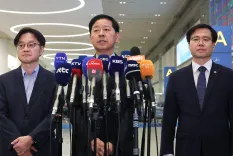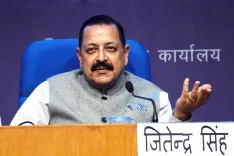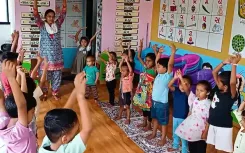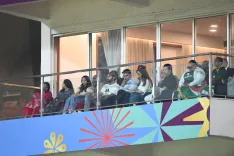Vivek Agnihotri Defends Samay Raina with Key Advice
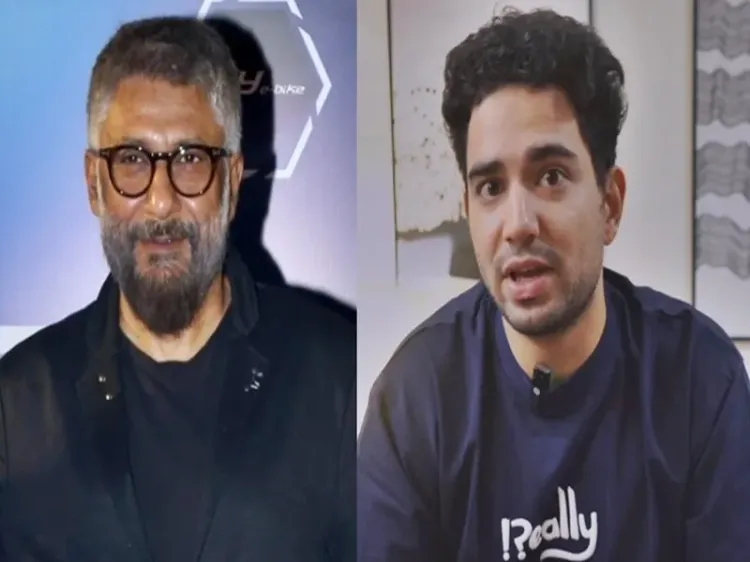
Synopsis
Key Takeaways
- Vivek Agnihotri's insights on technology vs. social morals.
- The generational gap in understanding digital natives.
- Comedians fill the void left by traditional cultural forms.
- The role of comedy in societal discourse and morality.
- The importance of nurturing creative talents in society.
Mumbai, Feb 13 (NationPress) Director Vivek Agnihotri, recognized for ‘The Kashmir Files’ and ‘The Vaccine War’, has voiced his thoughts on the current controversy involving comedian Samay Raina.
On Thursday, Vivek expressed his views on X, previously known as Twitter, sharing a lengthy post where he advised the comedian to wield his freedom of expression with caution.
He stated, “Technology vs social morals: The Case of Samay Raina and the Digital Generation. Over the past two decades, technology has advanced at an astonishing rate. However, while technology is a creation of the human intellect, the human mind itself isn't built to adapt as swiftly as its invention. This disparity has led to a moral and cultural clash—creating challenges in distinguishing between what is genuinely wrong and what is simply different. Samay Raina (@ReheSamay) represents this new digital age. Anyone with a traditional mindset struggles to comprehend him or his audience.”
He elaborated, “This issue transcends comedy; it's about an entirely new way of thinking. Today's parents often fail to understand their digital-native children. Educators encounter the same challenges. Employers are not exempt either. The divide is not merely generational; it's existential. The analogue generation was raised in a world of tangible experiences, insecurities, and social hierarchies while remaining grounded in reality. In contrast, the digital generation enjoys a secure virtual existence, detached from conventional societal frameworks and liberated from physical limitations.”
He went on to explain that this fundamental difference complicates mutual understanding. For centuries, politics, religion, and moral enforcement have thrived on societal control. However, this control is gradually diminishing.
He added, “The digital generation does not seek approval from traditional frameworks. Their identity is not bound to caste, class, or social expectations. This is why political figures, religious institutions, and moral authorities have struggled to dominate platforms like Instagram, marking an unprecedented failure in a nation where politics has historically exerted control over everything. The outrage over inappropriate comedy is selective and hypocritical. India has always embraced irreverent humour, from wedding songs and Holi celebrations to Tepa Sammelans, Gadha Sammelans, Nautanki, Parsi theatre, and Bollywood’s double entendre dialogues, as well as poetry gatherings like Kavi Sammelans and Mushairas—all filled with innuendos, satire, and social defiance.”
He remarked that as political and religious forces tighten their grasp, these cultural expressions are fading. Comedians like Samay Raina are simply filling that gap.
He continued, “The pressing question is: What if the digital generation turns the mirror on society? What if they unite to reveal the vulgarity, hatred, and double standards of politicians, religious figures, and legacy media? Will they face silencing as well? I firmly believe that comedy is a societal concern; it should be left to society to determine its moral compass. Politics and religion have no right to interfere.”
“Hence, while online trolling is permissible, discussing it in parliament is an utter waste of national productivity. Just because you possess the authority to dismantle young creators doesn’t imply you should use it indiscriminately. A weapon in hand does not justify violence. If we genuinely care for our society, we ought to cultivate creative talents rather than assault them. A society grounded in #CreativeConsciousness is the only one capable of thriving in contemporary times. Anything else signifies resistance to the inevitable,” he concluded.

